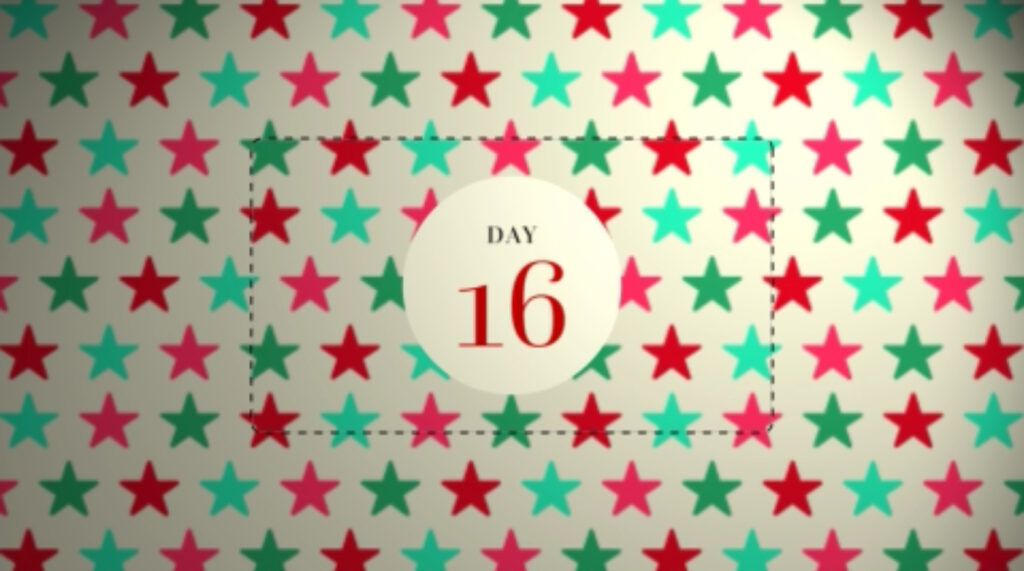We’ve reached day 16 of our 25 Tips For Coping With Holiday Stressors. Yesterday, in Tip 15, we showed some benefits of reviewing your accomplishments this year as a technique to help reduce stress. Today, we will examine why it’s important to take a break from social media.
Day 16 – Tip 16: Take A Break From Social Media
Introduction
In the fast-paced digital age, social media platforms have become an integral part of our lives, connecting us to friends, family, and the world at large. However, research suggests that excessive use of social media can have adverse effects on mental health, particularly for individuals already experiencing anxiety or stress. Today, we aim to shed light on the importance of taking a break from social media, exploring its benefits, and providing actionable steps towards achieving mental wellness.
The Impact of Social Media on Mental Health
The constant exposure to carefully curated, idealised representations of others’ lives on social media can lead to a detrimental cycle of comparison, self-doubt, and negative self-image. Moreover, the compulsion to constantly stay updated and the fear of missing out (FOMO) can intensify anxiety and stress levels, contributing to mental health issues.
Understanding the Benefits of Social Media Detox
Anxiety Relief: Several studies have shown that reducing or abstaining from social media usage can significantly alleviate anxiety symptoms. Detaching from the constant stream of information and the pressure to perform constantly can provide a much-needed sense of relief.
Improved Mood: Social media consumption has been linked to increased feelings of loneliness, depression, and decreased life satisfaction. By stepping away from these platforms, you can foster healthier relationships, engage in activities they enjoy, and ultimately enhance your overall well-being.
Enhanced Productivity: Spending excessive time on social media can often lead to decreased productivity and increased procrastination. Taking a break allows you to redirect your focus towards work, hobbies, and self-improvement, leading to improved productivity levels and a sense of fulfilment.
Tips for Successfully Disconnecting
Set Clear Boundaries: Establish specific times or days when you will be social media-free. Communicate these boundaries to friends and family, ensuring they respect your decision.
Find Alternatives: Replace social media activities with healthier alternatives such as exercising, reading, or spending quality time with loved ones. Engaging in activities that bring you joy and relaxation can help fill the void left by social media.
Use Built-in Tools: Many social media platforms offer features that help limit usage, such as screen time trackers or notification settings. Take advantage of these tools to regulate your social media consumption.
Seek Support: Reach out to friends, family, or mental health professionals if you find the transition challenging. Their support can be invaluable in maintaining your commitment to a social media detox.
Conclusion
In a world dominated by social media, taking a break from these platforms can have profound positive effects on mental health and well-being. By recognising and addressing the impact of excessive social media usage, you can regain control over your life, alleviate anxiety and stress, and create a healthier relationship with technology. Remember, it’s crucial to prioritise self-care and mental wellness at Christmas.
That’s the end of Day 16 in our 25 Tips For Coping With Holiday Stressors. Look out for Day 17 tomorrow.
If you missed any of the previous tips, you can check them all out here.
This post may contain affiliate links. As an Amazon Associate, we earn from qualifying purchases. See our Privacy Policy for details.




